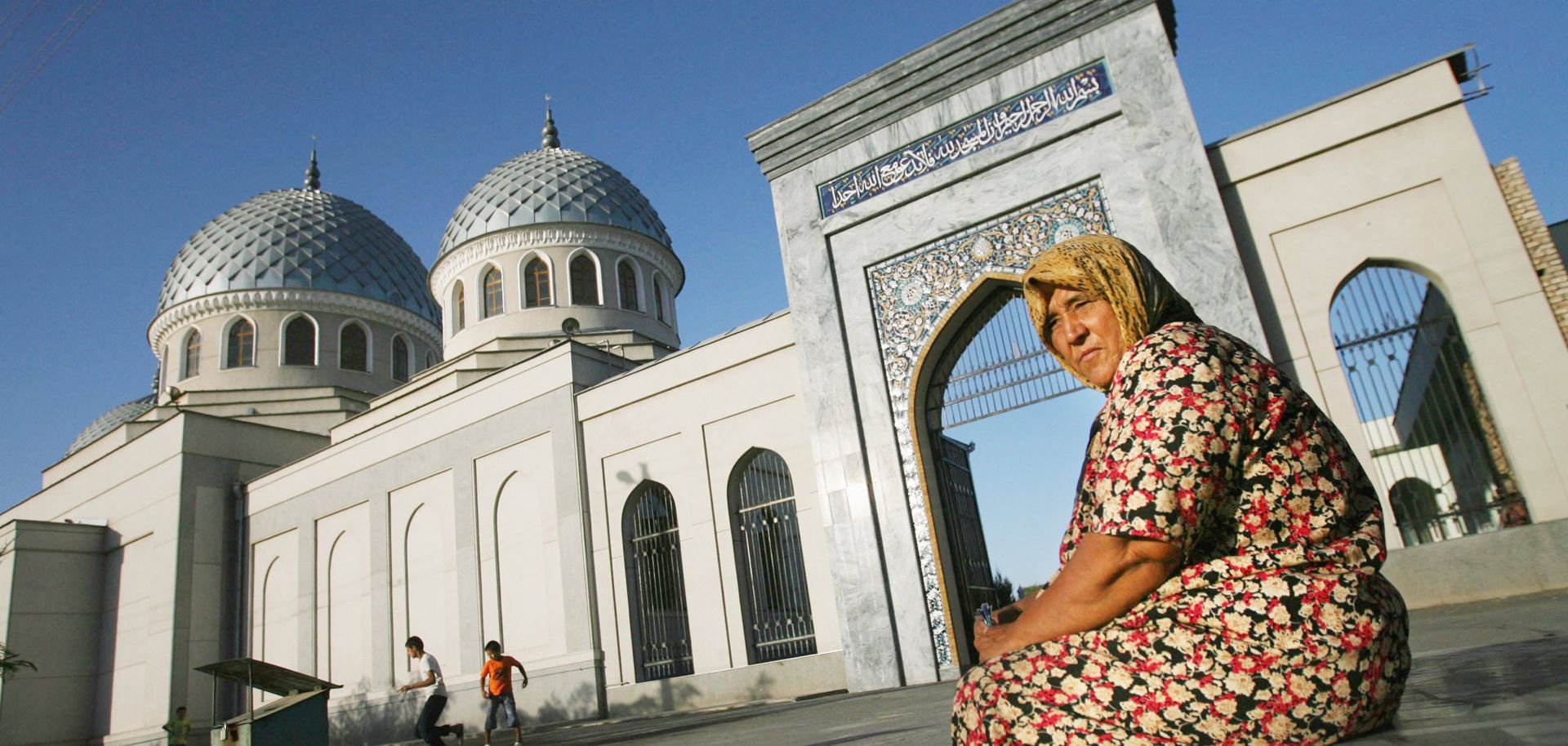ASSESSMENTS
A Transition to Test Uzbekistan's Continuity
Oct 12, 2016 | 09:15 GMT

(URIEL SINAI/Getty Images)
Summary
Uzbekistan is arguably the most strategic country in Central Asia. With 31 million people living within its borders, it is the region's most populous country and the only one that shares a border with each of the four other Central Asian nations. Uzbekistan contains the majority of the Fergana Valley, Central Asia's agricultural heartland, and is a major producer, exporter and transit state of natural gas flowing to Russia and China.
Today, Uzbekistan is all the more important for the unprecedented power transition underway there. Prior to his death in early September, President Islam Karimov had ruled Uzbekistan since 1989. During his time in office, Karimov oversaw the country's transition to independence from the Soviet Union. He built its political, economic and security structures and set the course for Tashkent's domestic and foreign policy. Though the late president died without a clear succession plan in place, Prime Minister Shavkat Mirziyoyev stepped in as interim leader after Karimov's death. Mirziyoyev is likely to assume the presidency officially following an election in December, and he has called for a continuation of Karimov's policies. But the winds of change blowing across Central Asia could bring more than just a new leader to Uzbekistan.
Subscribe Now
SubscribeAlready have an account?
